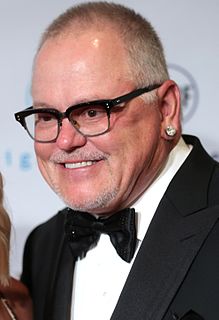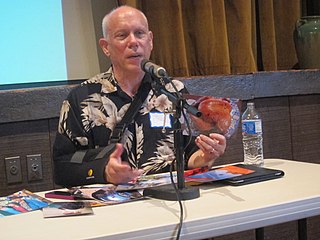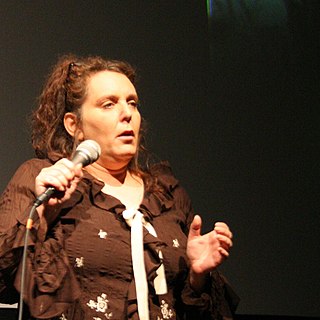A Quote by Marc Ostrofsky
In direct navigation, users type exactly what they are looking for in the browser's web address field. This could be the exact domain name or web address. Millions of people do this, emphasizing the need for on- and off-line marketing and branding.



































